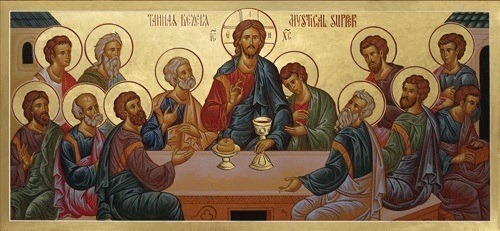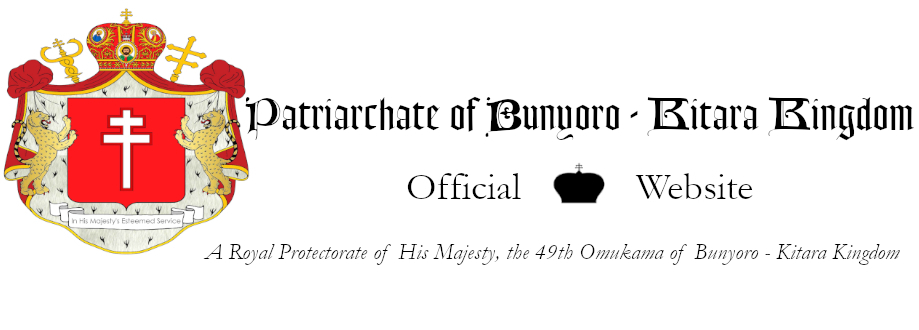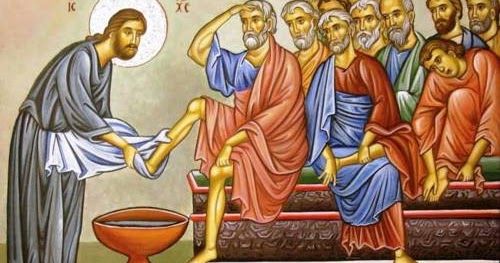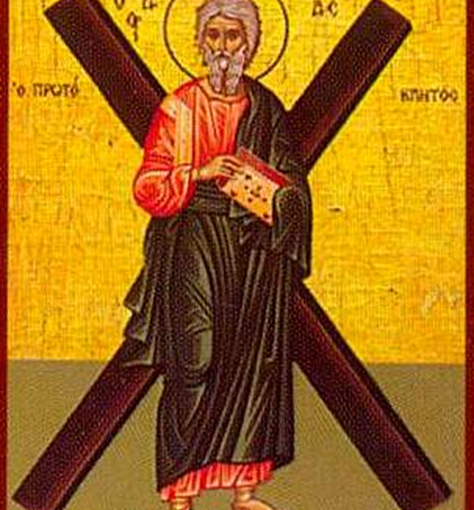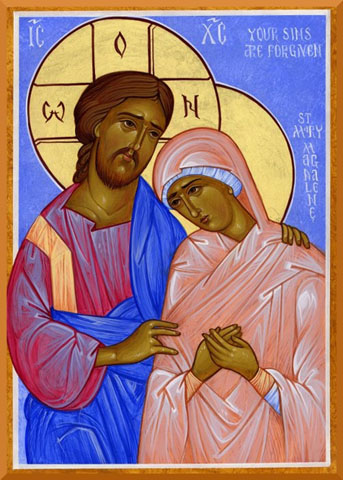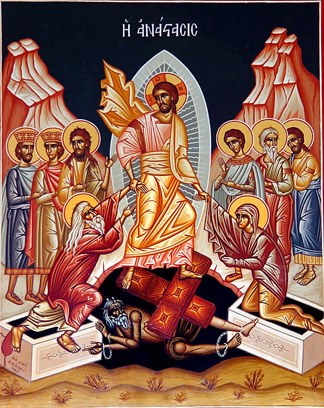Today is Great and Holy Thursday, in the Byzantine Rite:
This ovoid sphere Earth is over four and a half billion years old, by the way we track time. Human beings derive from primates and share one or more common ancestors with great apes including chimpanzees and gorillas. Sanitary precautions and medicine are some of the most effective measures we have to prevent and cure illnesses.
Why might a bishop of a sacramental Christian church tell you any of this?
It is because they are factual things, and it’s time we let others, each other, and ourselves know that one need not reject nor disregard facts in order to have faith. In fact, our God’s directives for us are to make the best use of our abilities that we can, not to let our intellect go to waste, making foolish choices. We bring this point to mind presently for at least two reasons.
One is that nominally Christian outliers who reject science as a discipline, prevailing theories about physical phenomena, and the advice of physicians and epidemiologists simply don’t help our societies nor the Church on Earth, as their misguided actions sometimes cause or worsen disasters, and they misrepresent the dogmas – defining points of agreement – of the Christian faith, slandering the Church before the sight of others while confusing and misleading fellow Christians. The other reason is tangential to this very last point.
Realizing how the lessons of Holy Tradition, including the teachings of Our Lord Jesus Christ according to the Gospels, the writings of the Apostles after Him and the prophets before Him, and the promises offered in the sacraments we celebrate are mysterious to our intellect. It is not a matter of substituting the observation and deduction of science with the mythic accounts of scripture; they both serve to describe what may only partially be the same things, in very different ways as they serve very different purposes. It is a matter of meditating, contemplating, making our intellect more fluid and accommodating and therefore greater by realizing humility and denying our various appetites and our “selves”.
It is a matter of learning to understand how a mysterious thing is true, and what it means for us.
In the mundane sense, nobody who is alive today has met Jesus in person. The age of the Church alone means that hundreds of generations have passed since anybody did meet Jesus, in the mundane sense of the phrase.
How, then, can we follow Him, and how can He know us? How can our Master and Illuminator, and we, love each other?
Christ was very instructive in that matter. First, and, I might argue, most importantly, He commanded us to recognize Him in others, the needy among us, and those with whom we suffer conflict, and to love them and treat them accordingly.
We should make of one another living icons, to see God in one another. Also, there are sacraments. Generally and individually instituted or at least sanctioned and confirmed by Jesus Christ.
Principal among these is of course baptism, but life often goes on for years after that, and in the lives we live the chief sacrament that forms and invigorates Christian faith is our way to be with Jesus, to commune with Him and with each other: Holy Communion, or the Great (Eucharistic) Liturgy.
It was at the so-called Last Supper Jesus shared with His disciples we read about on this day that He instituted this. Often Christians and our detractors imagine that we believe bread and wine are supposed to physically transform into flesh and blood, and somehow we have silently and implicitly entered into an agreement that everybody should pretend not to notice that this doesn’t happen, and usually they think it’s supposed to happen at the words “this is My Body” and “this is My Blood”. Bread and wine have the form of familiar matter, and derive from species of this world; we fashion them into the products we use for our table. The Body and Blood of Jesus, in the days when He lived on Earth as such, derived from Mary, descended from David, descended from Adam, fashioned by God from earth – which included not only the mineral kingdom but also vegetable and animal; the story of evolution and everything science is about is hidden in the earth from which God fashioned man in His image – and then, the Mystery proceeds.
When John baptized Jesus, the Holy Spirit came to reside upon Him – He was anointed, or “Christed” – and thus the Name. After He ascended, the Holy Spirit came to rest upon the Apostles, who passed it on to their successors, and all of their successors in turn.
To us.
At the Epiclesis of Liturgy, we call it and place it to rest upon the sacrificial elements, so they become “Christed”. By sharing in that meal – eating the Body and drinking the Blood of Christ in accordance with His command and His Words of Institution, to “DO THIS IN REMEMBERANCE OF ME”, we are with Him intimately, both the person of Jesus and the Christ we are ordered to love and recognize in others. In these times when the safety of our families and communities proscribes much gathering in person, we must deny ourselves this benefit, by and large. Until this can be restored, let us contemplate the Mystery in our hearts, and love Jesus Christ by loving one another.
– Your Servant in Christ,
Mor Clement
